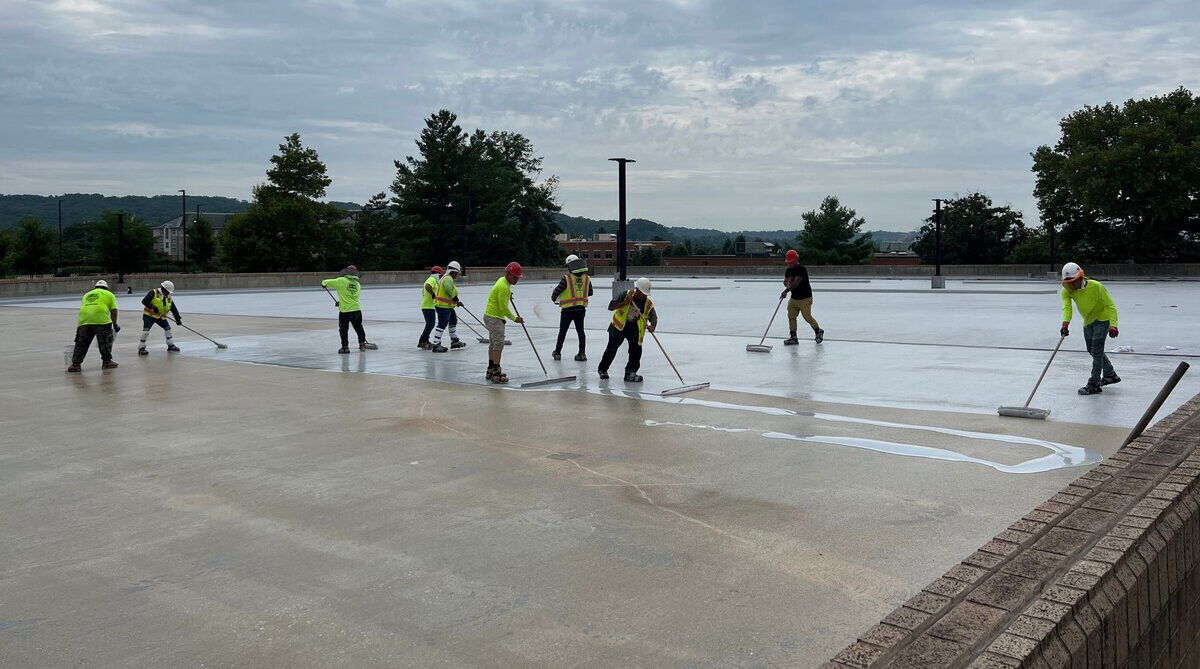How to Avoid Leaks When Making Window and Door Repairs
Commercial buildings are significant energy consumers in the United States, but much of that energy goes to waste. As reported by Energy.Gov, “On average, 30% of the energy used in commercial buildings is wasted.” It’s equally important to recognize that such waste doesn’t derive solely from lighting systems. The HVAC (heating, ventilation, air cooling, and ventilation) system is responsible for maintaining indoor temperature and humidity levels. Leaking windows may result in a greater delta in the indoor air temperature and introduce ample humidity to the building. Such factors increase the risk of mold and mildew growth, putting building occupants’ safety at risk. Meanwhile, making window repairs is not simply about choosing the cheapest glass panes, and building owners and managers need to know a few things about how to avoid leaks when making window repairs to maximize return on investment.
Know the Status of Your Windows and Door Repairs
The first true step to making proper improvements and knowing how to avoid leaks when making window repairs begins with a thorough evaluation of the building’s status and needs. Building managers cannot really understand the full scale and size of window repair needs without regular, scheduled inspections. Such inspections should consider the risk of air or water penetration, the age of the window, and whether such conditions have damaged the adjoining structural components.
Choose the Proper Glazing or Sealant
Choosing the correct glazing and sealants is another factor in completing proper commercial window repairs or replacements. Glazing is comparable to a sealant designed to hold the pane in place, but it may dry to different colors depending on its chemical structure. Consider the overall aesthetic when choosing a glaze for your building. Furthermore, selecting the proper sealant for the building envelope also depends mainly on the materials used in the exterior building architecture. Not just any random sealant is the best sealant for making window and door repairs.
For instance, the differences between silicone and polyurethane may affect the quality of work performed. Polyurethane may be better suited for wood exteriors or where ultraviolet rays are a concern. Meanwhile, silicone is generally the preferred type of commercial sealant for glass, metal,and tile.
Properly Install All Sills and Trimming
Much of the risk of window repairs done improperly comes from a failure to reinstall all sills and trim. Poorly attached sills or improper trimming may result from a hasty job or inexperience, leading to premature commercial windows and doors replacement. Regardless, the key is to know the needs of the building intrinsically and use that information to complete all window repairs properly.
Consider Full Replacement When Repairs Are Extensive
There will always be times when repair versus replacement decisions come under the microscope. In general, repairs are cheaper , but they may not be the soundest option. When damage and repairs are severe and extensive, it may be better to replace the full window and cut your losses. Such measures may sound drastic, but they can help save money in the long run.
Think About the Impact to the HVAC System, Scheduling Repairs in Tandem
Proper maintenance of ductwork and the HVAC system coincides with proactive window and door repairs. Buildings.com further explained, “While replacing your doors and windows can be an efficient solution for a better-weatherproofed building, it’s important not to overlook your ductwork. If air is leaking out of your ductwork, that means your HVAC system will need to work harder to create a comfortable environment and temperature for occupants.”
Follow Through to Ensure Your Contractor Inspects All Repairs, and Remember to Choose the Right Repair Contractor or Service
Any successful building window and door replacement strategy should include a robust inspection to ensure the repair is up to code and is going to be ideal for the building. However, such outcomes are mainly dependent on the experience of your building partners. Avoid the risks by working with the right partner from the beginning. Connect with The JOBS Group to find out more today.



